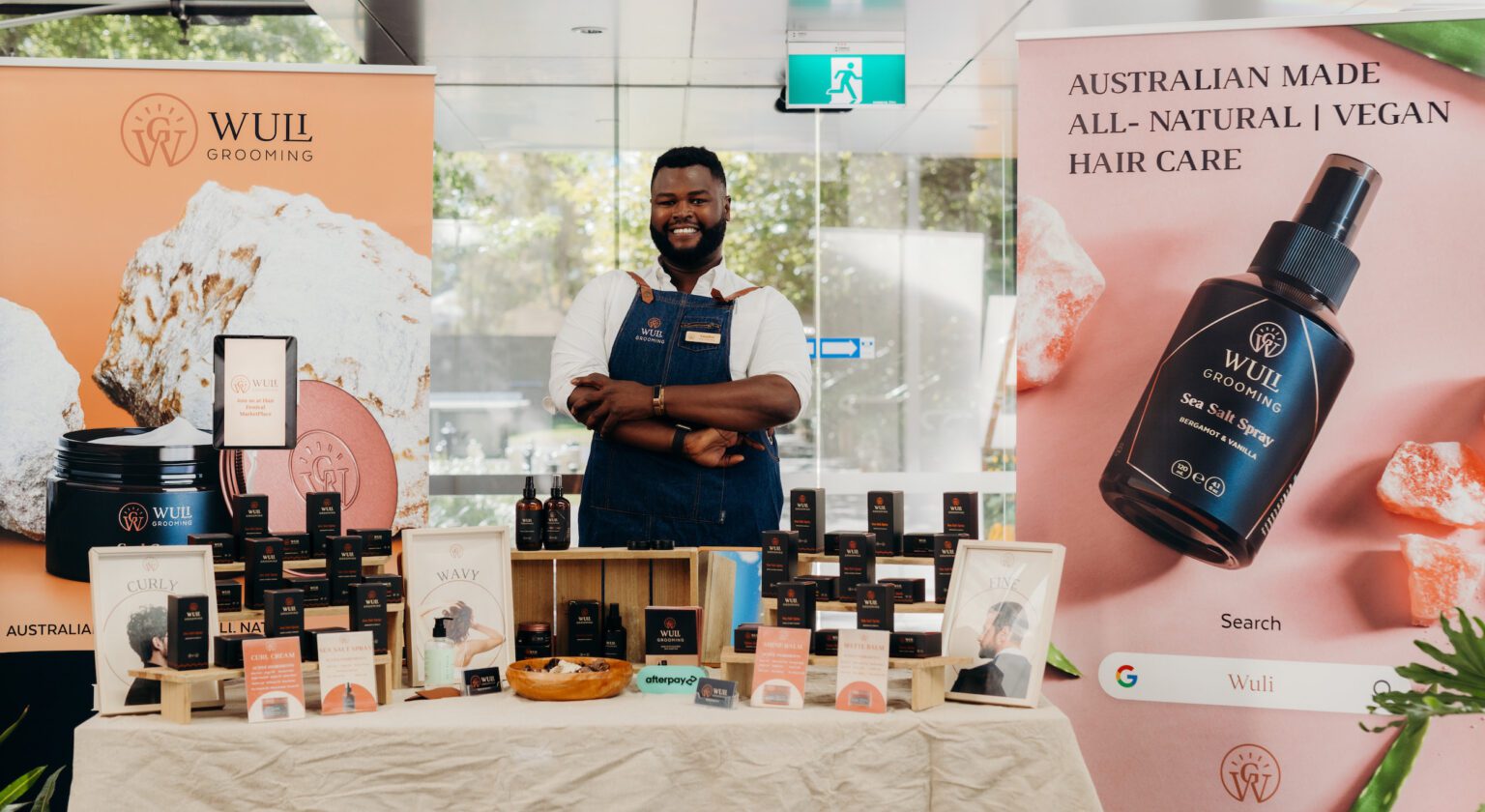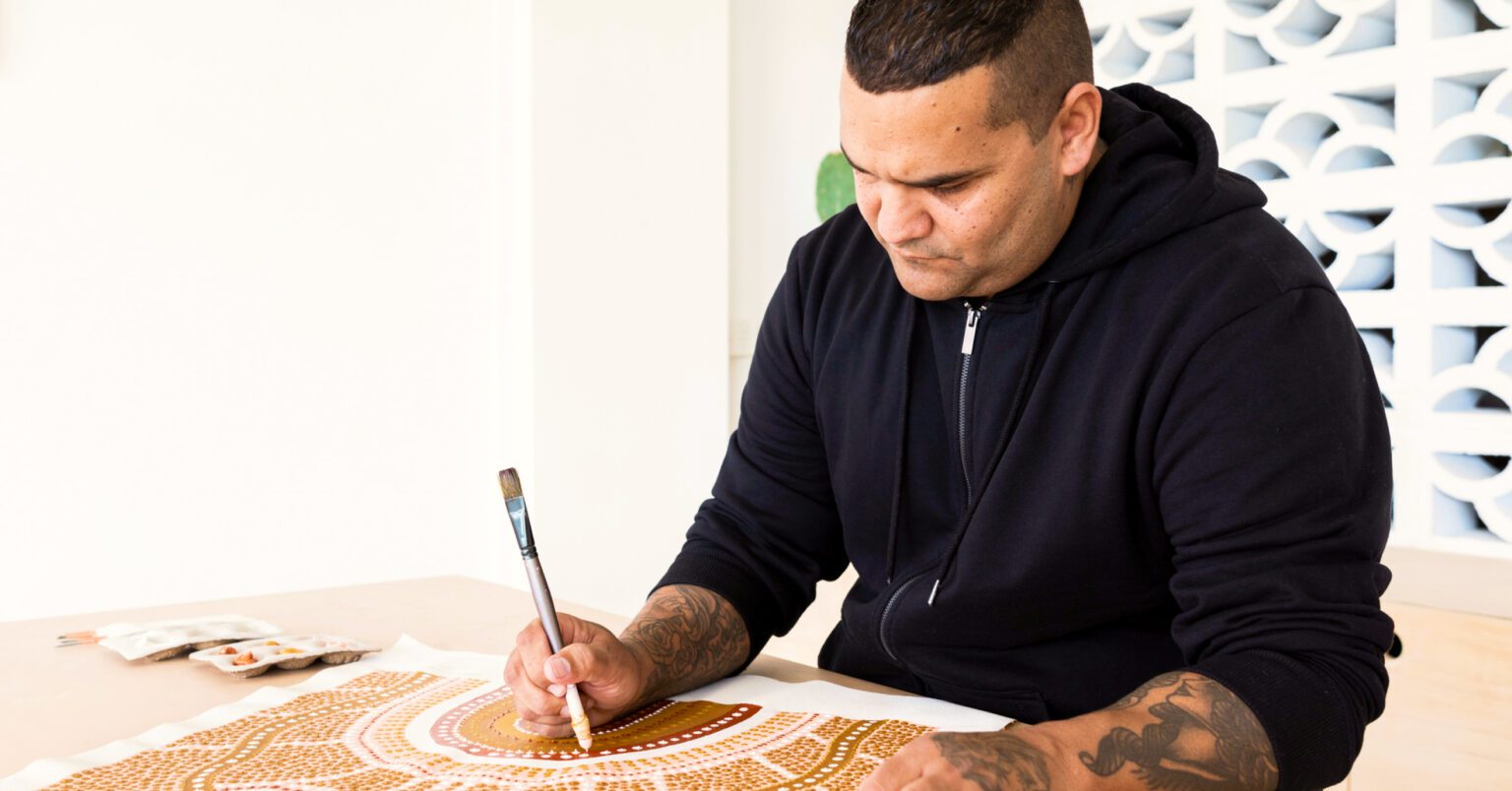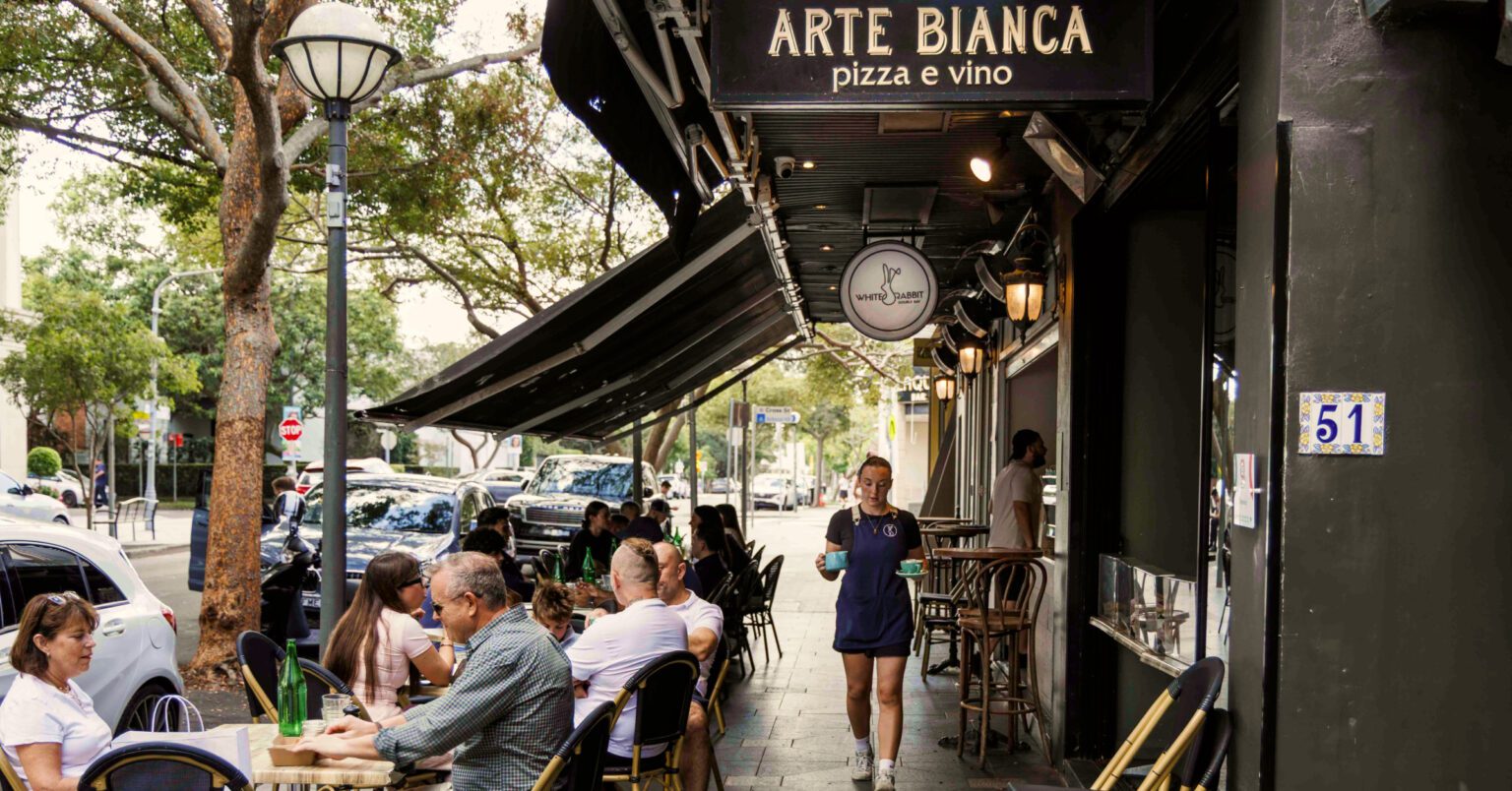Markets serve as vital platforms for small businesses, offering cash influx, exposure, the chance to network plus a whole lot of fun. Here are five tips from seasoned market-goers on how to select the right events and maximise their worth for your business.
At a glance
Here's a snapshot of the advice from our interviewees:
- From local markets to council-run events to large seasonal festivals, choose the markets that best suit your purposes.
- Use social media and email marketing to create some buzz ahead of the event.
- Markets are the perfect way to get to know your customers. Maximise this golden opportunity.
- Use discounts and promos to keep your customers interested after the markets are over.
- Connect with your fellow stallholders. They can offer advice, tips and friendship, and may even become a wholesaler for you.
Across Australia, markets display the ingenuity and determination of small-scale entrepreneurs. These vibrant hubs, teeming with life and colour, play a pivotal role in the success stories of countless small businesses.
They not only provide business owners with a tidy cash injection and a platform to promote their brand, but they also connect them to new customers, wholesalers, and collaborators.
Markets are more than just selling points; they’re springboards for broader opportunities. But not all are equal. Here are some tips from small business owners on the best markets to target and how to leverage them for growth.
1. Assess which markets are best
Between small local markets, huge seasonal affairs, and specialist events, it can be hard to know which markets to invest in.

Perth-based Luisa Figueroa launched her handmade baby products business My Little Love Heart at markets in 2015 and now boasts an online business and a shop in East Perth.
She still attends long-standing markets because they tend to attract more visitors.
“The costs to attend are higher but the rewards are greater,” says Luisa. “The Perth Upmarket is one of the most popular in Western Australia.”

Clare Neilson set up a candle-making business Clare Makes during the pandemic to make her apartment smell like an Australian native garden.
She prefers council-run events because they’re local, well-marketed, and have low fees.
“There have been times when I’ve paid a $50 stall fee at a council-run festival and made more in revenue than at a market with a fee of $1,000,” she says.
But Clare also loves taking part in bigger, seasonable markets such as Handmade Canberra and Finders Keepers, which are held biannually in Sydney and Melbourne.
“They’re so much fun to do because there’s an amazing sense of community,” she says.

Sydney-based Daniel Morgan took over The Chilli Factory four years ago, selling chilli sauces, barbecue rubs, and other chilli-related products.
While he sells wholesale to stallholders at markets around the country, he focuses on the Easter Show in Sydney, Ekka in Brisbane, and specific chilli festivals.
“I do those ones myself because they’re more specialised and I have the opportunity to engage with thousands of chilli lovers throughout the day,” explains Daniel.
2. Drum up excitement

Melbourne-based Sarah Willmott launched the fun sock brand Joode at the end of 2021 and is also a fan of big markets like Finders Keepers and The Big Design Market, held twice a year in Sydney and Melbourne.
She gets creative in the lead-up to the events.
“I drum up support by emailing my list with a bright and fun newsletter, and I post across my socials and stories,” she says.
Clare always lets her customers know which market she’ll be attending next via a pinned post on her Instagram. A day or two before, she’ll put up a post with the new products and candle scents that weren’t at that market last time.
“People want fresh things,” she says. “Plus, I don’t do the same set-up every time; things get tweaked and moved around constantly.”
3. Welcome the feedback
Sarah says markets are the perfect place to try out new products and designs.
“Seeing the types of sock colours and designs my customers gravitate to is my best market research.”
Daniel agrees they’re fantastic from a customer feedback perspective.
“I’ll go to a market and speak to hundreds of people on that day that I’ve never spoken to before, and they give me feedback on what they do and don’t like, as well as their thoughts on good product pairings, recipe ideas or what they want to see next.”
4. Keep your customers engaged
Markets allow small business owners to gain new social followers and beef up email subscriber lists, but retaining interest after the event is key.

Amadou Doumbia’s business Wuli Grooming provides natural and vegan hair styling products for curly and wavy hair. The Sydneysider launched his brand in weekend markets around two years ago and is still a huge fan, with Kirribilli Markets in Sydney, The Olive Tree Market in Newcastle, and Handmade Canberra his favourites.
Amadou says he leverages social media and email marketing after the event.
“I encourage customers to follow our Instagram page and I capture email addresses at the point of sale. Email marketing gives me the opportunity to get feedback on product performance as well as keep customers alert to any special deals.”
At Melbourne’s most recent Finders Keepers market, Sarah offered a prize on each day if her subscribers gave a code word.
“It was first in best dressed,” she says. “Many people take my business cards at markets, so I create a special QR code on one side to send them to my newsletter sign-up page, and I offer a prize each day to one new sign-up.”
5. Collaborate with your fellow stallholders
You never know who will visit your stall, says Luisa.
“It’s great when other small businesses decide to stock my products in their own shop.”
She’s also made “long and lasting friendships” with other stallholders.
“It’s a community of like-minded small businesses and on market day I work with other stallholders by tagging and promoting them.”
The advice and tips from other stallholders are golden.
“You learn about potential stockists and agents, as well as great markets you’ve never heard of.”
Clare agrees the collaboration opportunities are endless.
“My candle boxes were recently designed by a graphic designer who was next to me at a market,” she says. “Markets are so much about building connection and community.”
Growing your business? Talk with a Prospa specialist about how a Prospa Business Line of Credit could help.








